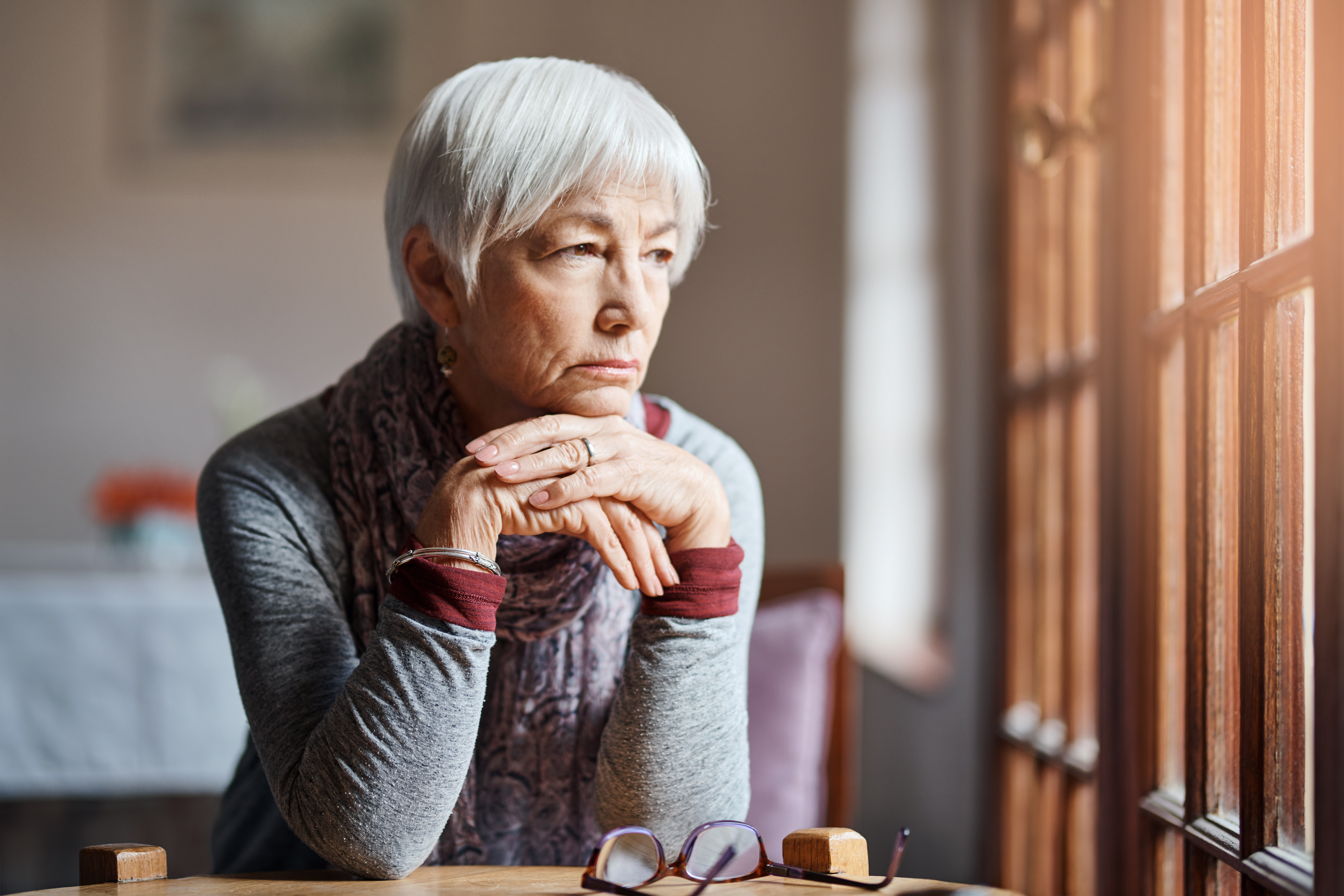
Blog post
Prioritizing Mental Health as a Universal Human Right
By: Neltada Charlemagne, DNP, APRN, PMHNP-BC, PHN, BHC
The COVID-19 pandemic brings with it unprecedented fear and uncertainty. Many vulnerable seniors need additional help to get through this crisis. With face-to-face visits of any kind being widely, and necessarily, discouraged, we must find ways to help our seniors remain connected.

Many people are facing mental health challenges.
The following story provides an example of the loneliness many seniors are experiencing.
A Landmark patient called Landmark after hours requesting “to just talk to someone.” She was promptly connected a Landmark medical provider. The patient explained that she felt trapped by being confined due to COVID-19, and that she missed seeing her grandchildren.
She stated that she had fleeting thoughts of wanting to hurt herself, as well as suicidal ideation, but denied suicide intent. The patient explained that she does not currently have a counselor and is not being treated by a psychiatrist. She refused to go to a nearby emergency room to be evaluated by a psychiatrist for fear of COVID-19 exposure. The Landmark provider gave the patient a crisis hotline number and offered to call her daughter or to visit her home that evening, but she declined both offers.
The Landmark provider talked with her further, and she eventually became more open to intervention. The patient decided to call her daughter herself. The Landmark provider encouraged her to do so, and to consider using a video chat to stay connected with her daughter and grandchildren, which the patient found helpful. The provider explained she was on-call all night and that the patient could call back if needed. The Landmark provider offered to have a Landmark social worker follow-up with her in the morning. She agreed to the social work follow-up and said she would call again if needed.
Isolation is amplified during the COVID-19 pandemic.
Those over age 65 are more vulnerable to the impact of COVID-19. Seniors typically have more chronic conditions, and an aging immune system makes it harder to fight off diseases, infections and viruses. Recoveries are usually slower and more complicated. Many older adults live alone on a fixed income, are no longer driving, and are unfamiliar with using public transportation. Many have undiagnosed or poorly managed depression. It’s not uncommon for those in this population to already be socially isolated, and the risk of COVID-19 may amplify already-existing problems.
A recent Wall Street Journal article highlights how older Americans feel isolated. Older adults always need social connection, but they need it now more than ever. Experts have recommended that friends and family members safely connect with senior citizens by helping with social support, food and essentials, medications, health care appointments, engaging family, and dementia care.
Landmark provides support during the COVID-19 pandemic.
Landmark continues to provide support to patients by offering:
More resources are available at www.landmarkhealth.org/coronavirus.

By: Neltada Charlemagne, DNP, APRN, PMHNP-BC, PHN, BHC

Older adults can safeguard themselves from the physical, mental and emotional toll of unexpected medical costs.

Optum Care Network – Monarch has teamed up with Landmark to deliver in-home medical care to members with multiple chronic conditions.